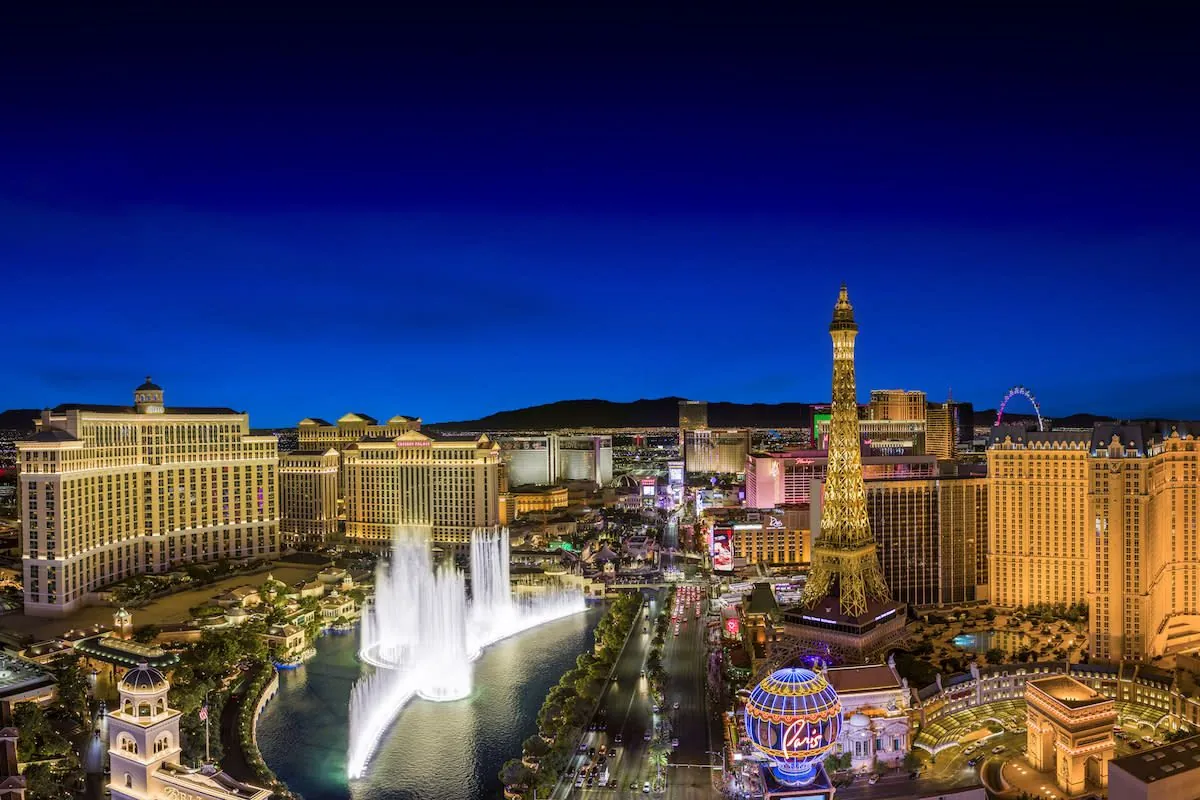In a significant development for the hospitality industry, consumers have appealed the dismissal of a lawsuit against major Las Vegas resorts, alleging price-fixing through shared algorithmic pricing software. The case, filed on September 26, 2024, in the 9th U.S. Circuit Court of Appeals, challenges a May 2024 ruling by a Nevada federal judge who dismissed the original complaint.
The lawsuit targets prominent establishments including Wynn Resorts, Caesars, and Treasure Island, accusing them of using a shared software platform, Rainmaker by Cendyn, to manipulate room rates. This legal action is part of a growing trend of antitrust claims against industries utilizing revenue maximization platforms.
Las Vegas, known as the "Entertainment Capital of the World," has been a hub for innovation in the hospitality sector since the opening of the first hotel-casino on the Strip in 1941. With over 150,000 hotel rooms, more than any other city globally, the impact of pricing strategies on consumers is substantial.
The plaintiffs argue that the use of shared algorithms for pricing decisions constitutes a modern form of collusion. They contend that even non-binding pricing recommendations generated by such platforms can unreasonably restrain competition in the market.
"Today, competitors can use algorithms to collude more easily and effectively than in the past."
This case highlights the evolving nature of antitrust concerns in the digital age. As Las Vegas has grown from a population of just 30 in 1900 to over 650,000 in 2024, so too has the complexity of its business practices.
The appeal challenges the district judge's reasoning that the lawsuit failed to demonstrate simultaneous use of the Rainmaker platform by the hotels. The consumers argue that the critical issue is whether the platform's use disrupted competition, regardless of adherence to its recommendations.
This legal battle unfolds against the backdrop of Las Vegas's unique landscape. The city, which recycles 90% of its water due to its desert location, has always been at the forefront of adapting to challenges. Similarly, the hospitality industry now faces the challenge of balancing technological advancements with fair competition.
The case also raises questions about transparency in pricing. Just as Las Vegas casinos famously omit clocks from gaming floors to keep players unaware of time, critics argue that algorithmic pricing might obscure fair market rates from consumers.
As the appeal progresses, it could set a precedent for how antitrust laws are applied to algorithmic pricing across various industries. The outcome may have implications far beyond the famous Las Vegas Strip, which, interestingly, is actually located outside the city limits in Paradise, Nevada.
The defendants, including Cendyn, have denied any wrongdoing. As the case unfolds, it will be closely watched by both the hospitality industry and antitrust experts, potentially shaping the future of pricing strategies in the digital era.
